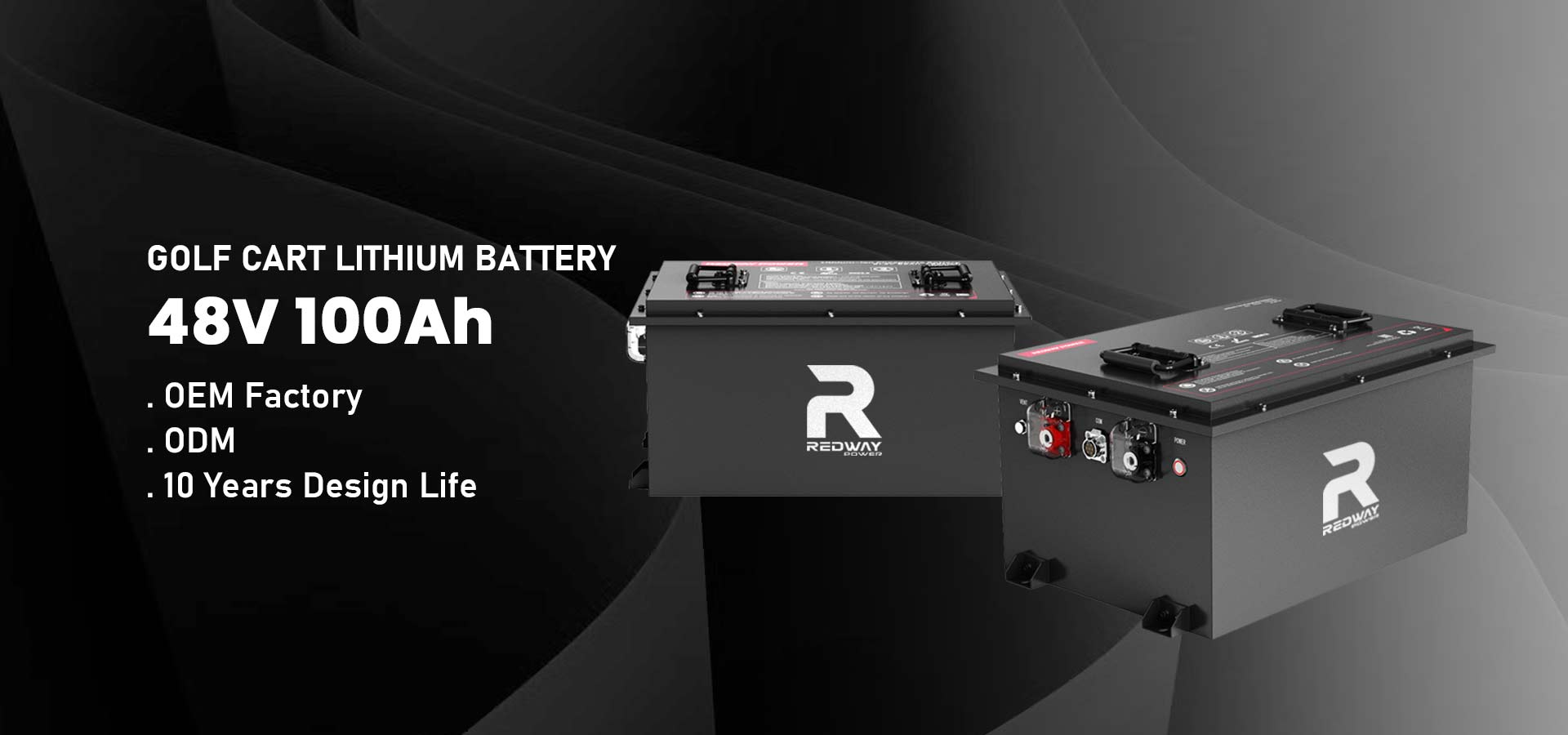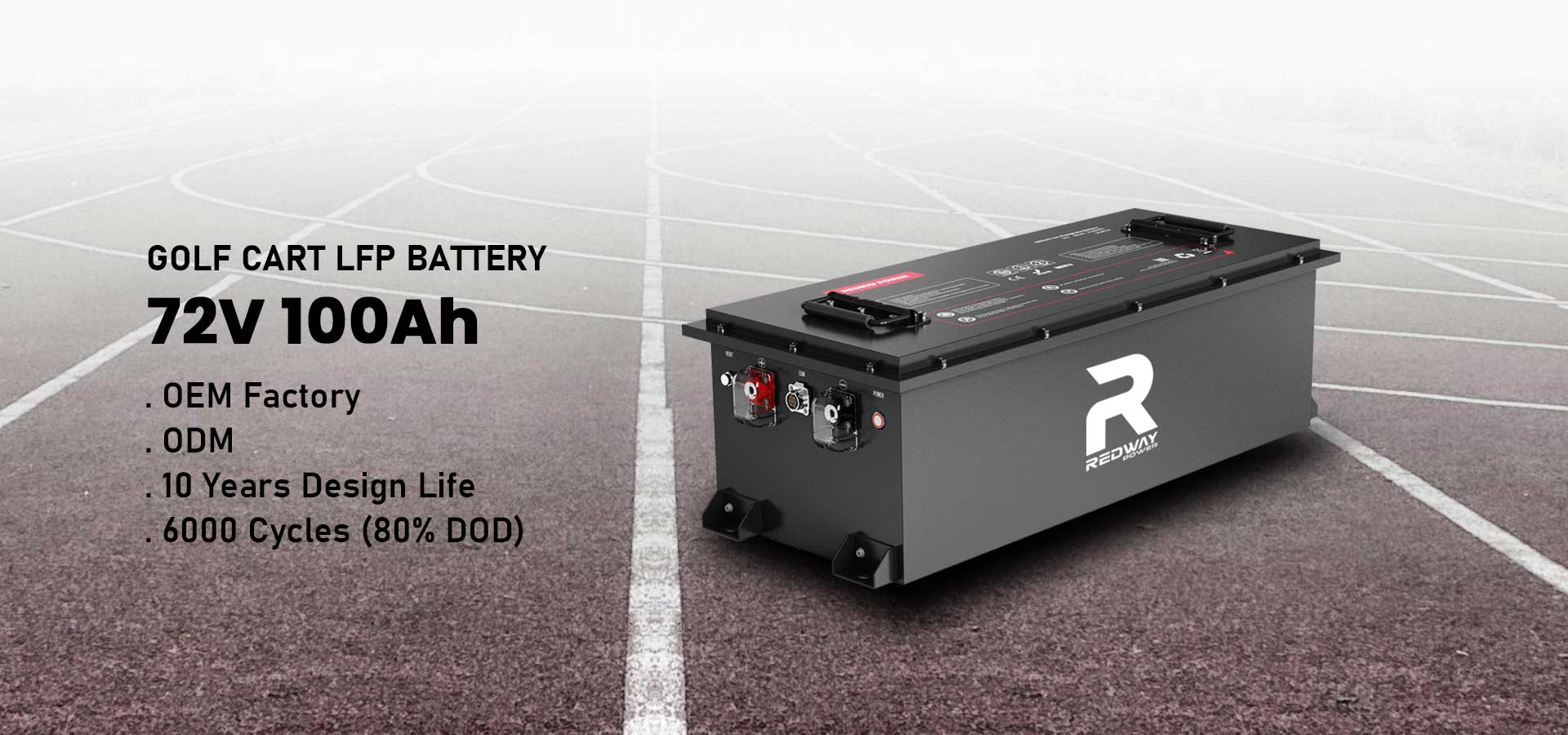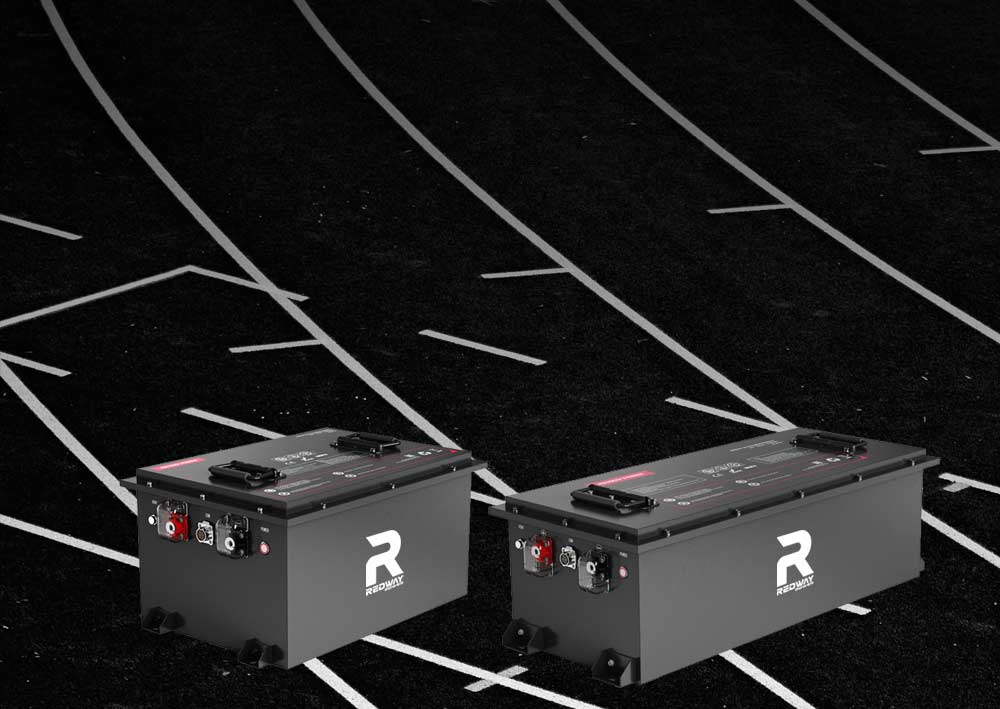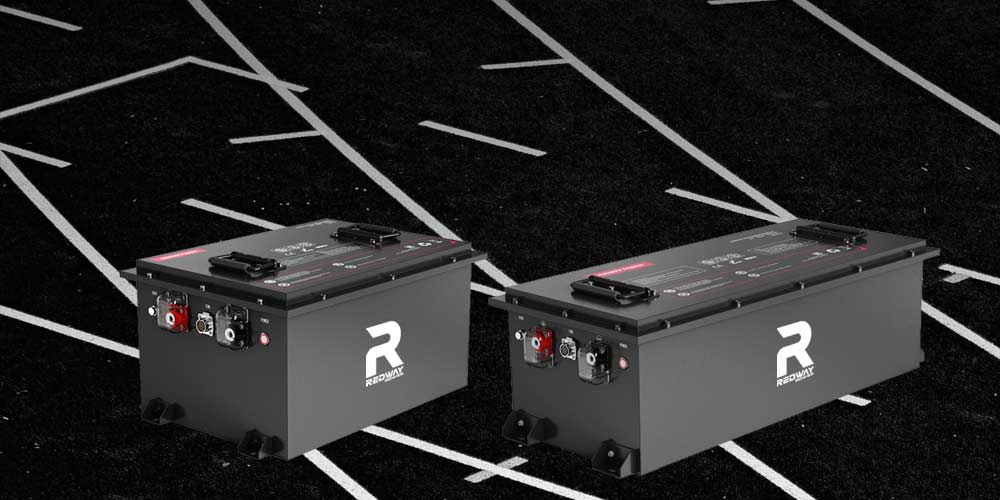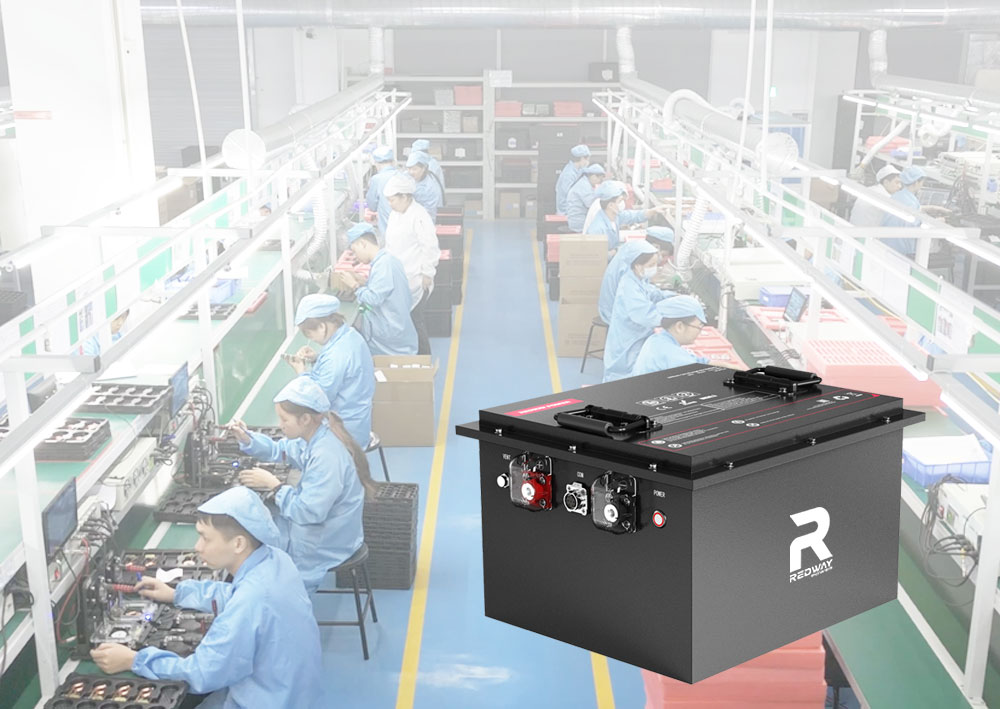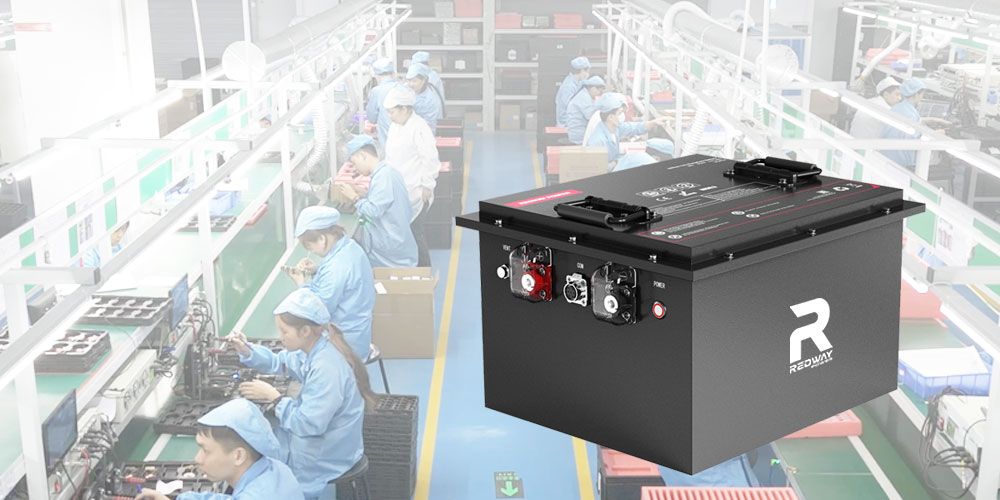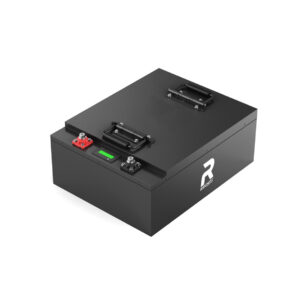Fast, Free Shipping
On order over $50
Next Day Delivery
Free– spend over $99
Low Price Guarantee
We offer competitive prices
Quality Guarantee
We Guarantee Our Products
Contact us now to receive your personalized, no-obligation quote for free and discover how we can meet your needs!


Fasta Power: Best Wholesale RV & Golf Cart Batteries Factory 2025
Fasta Power offers high-quality LiFePO4 RV & golf cart batteries, providing reliable power sources for the golfing industry at competitive prices.Choosing the best wholesale RV and golf cart batteries factory involves understanding battery types, technology differences, supplier reliability, and OEM customization options. Lithium batteries, especially those from trusted manufacturers like Fasta Power, offer superior lifespan, efficiency, and eco-friendliness compared to traditional lead-acid batteries. Selecting the right supplier ensures quality, competitive pricing, and tailored solutions for your needs.
What types of batteries are used in RVs and golf carts?
The primary battery types used in RVs and golf carts are lead-acid (flooded and AGM) and lithium-ion batteries, specifically lithium iron phosphate (LiFePO4). Lead-acid batteries are traditional, cost-effective options but have shorter lifespans and require more maintenance. Lithium batteries, such as LiFePO4, provide higher energy density, longer cycle life, faster charging, and lighter weight, making them ideal for modern golf carts and RVs. These batteries support deep cycling and deliver consistent power output for extended periods.
| Battery Type | Lifespan (Cycles) | Weight | Maintenance | Cost |
|---|---|---|---|---|
| Lead-Acid (Flooded) | 300-500 | Heavy | High | Low |
| AGM Lead-Acid | 500-800 | Medium | Medium | Medium |
| Lithium LiFePO4 | 2000-5000 | Light | Low | Higher |
How do lithium batteries outperform traditional lead-acid batteries?
Lithium batteries outperform lead-acid batteries by offering up to four times longer lifespan, higher energy efficiency, and significantly reduced weight. They have faster recharge times and maintain stable voltage throughout discharge, improving equipment performance. Lithium batteries also feature lower self-discharge rates and require minimal maintenance. Their enhanced safety profile, with reduced risk of thermal runaway, makes them a reliable choice for golf carts and RVs, ensuring longer runtimes and fewer replacements.
Where can you find reliable wholesale golf cart and RV battery suppliers?
Reliable wholesale suppliers include specialized manufacturers like Fasta Power, Camel Group, Redway Battery, and Upower Electronic Technology. These companies offer OEM services, advanced lithium battery technologies, competitive pricing, and global shipping. Wholesale buyers should look for suppliers with ISO-certified manufacturing, quality control systems, and customizable battery solutions tailored to specific golf cart and RV models.
Why should you consider OEM services for golf cart battery solutions?
OEM services allow buyers to customize batteries according to specific voltage, capacity, size, and branding needs. This customization ensures optimal compatibility and performance with your golf cart or RV model. OEM manufacturers like Fasta Power provide expert engineering support, ensuring batteries meet industry standards while offering innovative features such as smart battery management systems (BMS) and regenerative charging capabilities.
How do you select the best battery for your RV or golf cart needs?
Selecting the best battery depends on your vehicle’s power requirements, usage patterns, and budget. Consider battery capacity (Ah), voltage, weight, cycle life, and charging speed. Lithium batteries are preferable for frequent use and longer trips due to their efficiency and longevity. Evaluate supplier warranties, customer support, and product certifications to ensure reliability and safety.
What maintenance practices extend the life of golf cart and RV batteries?
Proper maintenance includes regular charging, avoiding deep discharges below recommended levels, keeping terminals clean, and storing batteries in cool, dry environments. Lithium batteries require less maintenance but benefit from periodic inspections and balanced charging. Using smart chargers and monitoring battery health through BMS can prevent premature failure and optimize performance.
How does Fasta Power lead innovation in lithium golf cart battery manufacturing?
Fasta Power embodies innovation by integrating cutting-edge lithium iron phosphate technology with precision manufacturing processes. Their batteries deliver high energy density, rapid charging, and extended cycle life tailored for golf carts. Fasta Power’s skilled engineering team offers OEM customization, ensuring batteries meet diverse client needs globally. Their commitment to eco-friendly, efficient power solutions positions them as a leader in the industry.
What environmental benefits do modern golf cart and RV batteries offer?
Modern lithium batteries reduce environmental impact by lasting longer, requiring fewer replacements, and being recyclable. They eliminate toxic heavy metals found in traditional lead-acid batteries and improve energy efficiency, lowering carbon footprints. Eco-conscious manufacturers like Fasta Power focus on sustainable materials and production methods, supporting green mobility in golf carts and RVs.
How can you evaluate and choose the right battery supplier for wholesale?
Evaluate suppliers based on product quality, manufacturing certifications (ISO 9001), technology innovation, pricing, and customer service. Check for OEM capabilities, warranty terms, and global distribution networks. Reviews and testimonials from industry partners provide insight into supplier reliability. Partnering with a trusted manufacturer like Fasta Power ensures access to high-performance batteries and expert support.
Fasta Power Expert Views
"At Fasta Power, we believe that the future of golf cart and RV batteries lies in advanced lithium technology combined with tailored OEM solutions. Our mission is to deliver batteries that not only meet but exceed customer expectations in performance, durability, and sustainability. By investing in innovation and quality manufacturing, we empower our partners to enhance their products and reduce environmental impact." — Senior Engineer, Fasta Power
Conclusion
Choosing the best wholesale RV and golf cart batteries factory requires understanding battery technologies, supplier capabilities, and maintenance needs. Lithium batteries, particularly those from industry leaders like Fasta Power, offer superior performance, longevity, and eco-friendliness compared to traditional options. By selecting reputable OEM manufacturers, buyers gain customized solutions that enhance vehicle efficiency and sustainability. Proper maintenance further maximizes battery life, ensuring reliable power for all your golf cart and RV adventures.
FAQs
What is the main advantage of lithium golf cart batteries over lead-acid? Lithium batteries offer longer lifespan, lighter weight, faster charging, and better energy efficiency than lead-acid batteries.
Can I customize batteries for my golf cart or RV? Yes, many manufacturers like Fasta Power provide OEM services for customized voltage, capacity, and design.
How often should I maintain my golf cart battery? Regular charging, terminal cleaning, and avoiding deep discharge extend battery life; lithium batteries require less frequent maintenance.
Are lithium golf cart batteries environmentally friendly? Yes, they reduce waste due to longer life and avoid toxic materials found in traditional batteries.
Where can I buy wholesale golf cart batteries? Trusted suppliers include Fasta Power, Camel Group, Redway Battery, and Upower Electronic Technology.

